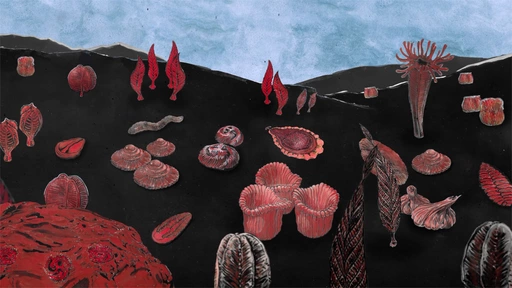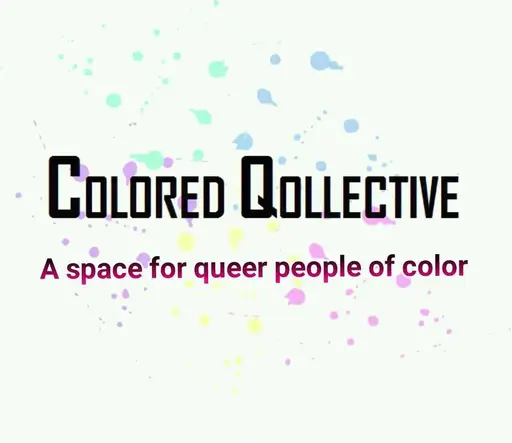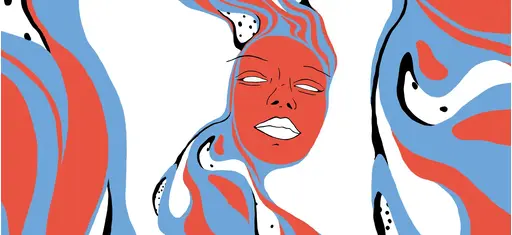Colored Qollective
Colored Qollective is an organization that was founded in 2018 and focuses on the position and safety of lesbian, gay, bisexual, transgender, queer, intersex, and asexual (LGBTQIA+) people of color in society. Everything Colored Qollective does is fr
Colored Qollective Colored Qollective is an organization that was founded in 2018 and focuses on the position and safety of lesbian, gay, bisexual, transgender, queer, intersex, and asexual (LGBTQIA+) people of color in society. Everything Colored Qollective does is from a perspective of positionality and intersection
related


